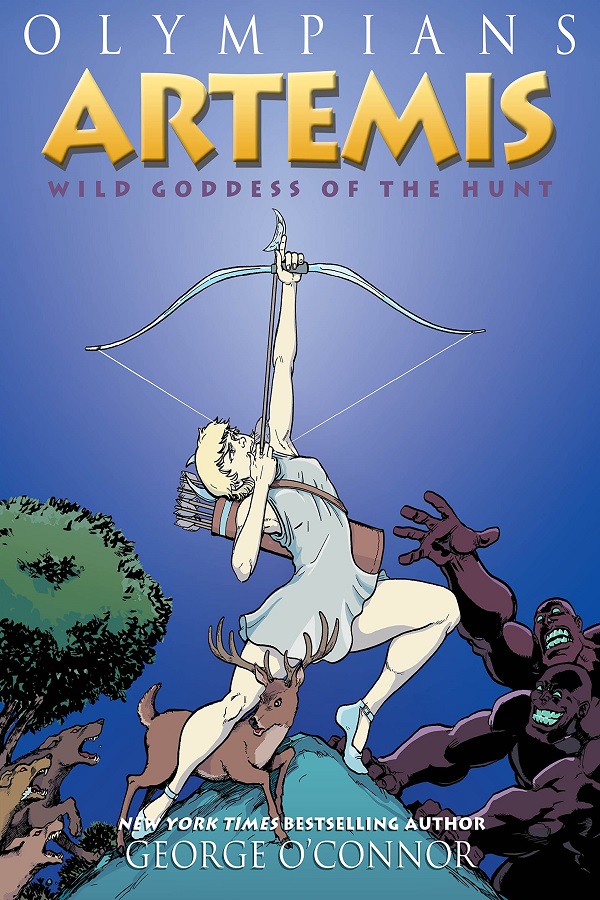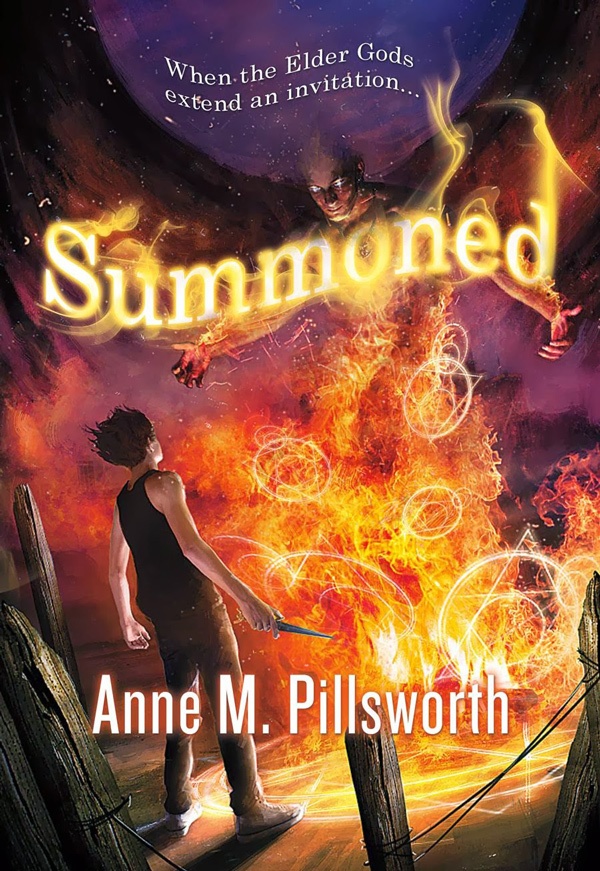
About the Book
-
Author:
- Kelly Murashige
- Genre:
- Fantasy
- Voices:
- Cis Girl
- Japanese Diaspora
- Shinto
Cover Story: Riddle Me This
Drinking Buddy: Nah
MPAA Rating: PG-13 (death)
Talky Talk: Where in the World?
Bonus Factor: Divine Intervention
Anti-Bonus Factor: Racism
Bromance Status: Amen
Cover Story: Riddle Me This
Evocative cover, one that would certainly pique my attention. The torri gate, the fish, the Ducky Momo…I’m in. If you flip the pages, you get a little animation of a robot vacuum cleaner in the corner. Vroom, vroom!
The Deal:
Machi has stopped talking. Not out of spite, not out of anger…she just can’t speak anymore. Her parents don’t know why. Her rotating parade of doctors doesn’t know why. Only Machi knows why, and she won’t tell. Well, she can’t.
One day, she wanders into a shrine and prays that the goddess Benzaiten will turn her into a robot vacuum cleaner, so she’ll never have to think or make decisions again. This is an odd enough request that the goddess shows up to meet her. Together, they go on adventures, trying to get Machi talking again. And maybe to help them both get out of a rut.
Drinking Buddy: Nah

While Machi can write just fine, she won’t tell anyone, including the reader, why she stopped speaking. We find out around the midpoint of the book. And, well, it left me wanting. I was expecting some sort of trauma so great she can’t even allow herself to think about it. Instead…I mean, it was harsh, it was even scarring, but after reading the scene, I was still waiting for the reason she stopped talking.
MPAA Rating: PG-13 (death)
Machi isn’t suicidal. She just kind of wants to negate her existence and become a robot vacuum. Me, I’d go for a toaster oven, but to each his own. She’s not interested in dating, she does whatever her friends tell her to, and isn’t even overly impressed with divine intervention. There were a couple of scenes where Machi, via Benzaiten, experienced the death of some strangers. Those were intense scenes, but they never really went anywhere. Machi goes from being a girl who is bossed around by her friends to a girl who is bossed around by a goddess.
Talky Talk: Where in the World?
So Machi lives in what I assume is an American city, one large enough to have a ‘Japantown’ where she finds Benzaiten’s neglected shrine. And her parents are visiting her mother’s hometown, arranging a funeral for Machi’s grandparents. But we are never told WHERE they are. It’s just ‘my city’ and ‘my mom’s city.’ They honestly could be in England or Australia for all the clues we get. The author is from Hawaii, so maybe it took place there. My point is, we need a lot more context about a book’s setting.
This, combined with Machi’s passiveness, left me underwhelmed. She suffers in agony about how her friends have mistreated her, but when a literal goddess takes an interest in her happiness, she’s just kind of ‘meh.’
Bonus Factor: Divine Intervention

So Benzain, a goddess from Buddhist and Shinto folklore, is intrigued by Machi’s unorthodox prayer, and makes it her mission to help Machi find joy in life again. She takes on the form of a drop-dead gorgeous young woman, and takes Machi out on the town. But Benzain has her own problems. She’s getting over a bad breakup of her own, with a god she hasn’t spoken to for centuries. And she’s a little too enthralled with the mortal world. When gods meddle in the affairs of mortals, it never ends well.
Meanwhile, Machi ignores her parents, her psychiatrists, and her personal goddess, only to find solace in working in an animal shelter and making friends on her own.
Anti-Bonus Factor: Racism

So Machi’s mother grew up in a city that was so racist against her family (the only Asians in town, so I assume it was not in Hawaii) that she fled to wherever they live now. This was hatred so intense that 1980s TV writers might have balked. But our lack of a setting really left me confused. And now Machi’s mother wants to move back there. Why?
Bromance Status: Amen
I think we could have left the goddess out of this book altogether and it would have been a stronger story. Still, we’ve all wished to be household appliances in our darkest moments, so I’ll see what this author cooks up next.
Literary Matchmaking

You don’t always want to attract the attention of a goddess, as George O’Connor proves in Artemis: Wild Goddess of the Hunt

In (Don’t) Call me Crazy, a variety of authors discuss their struggles with mental illness.

In Summoned, Anne M. Pillsworth shows us that maybe it’s better to leave the gods alone.
FTC Full Disclosure: I received no money, food, or goldfish for writing this review, though I did get two copies of the book from the publisher.